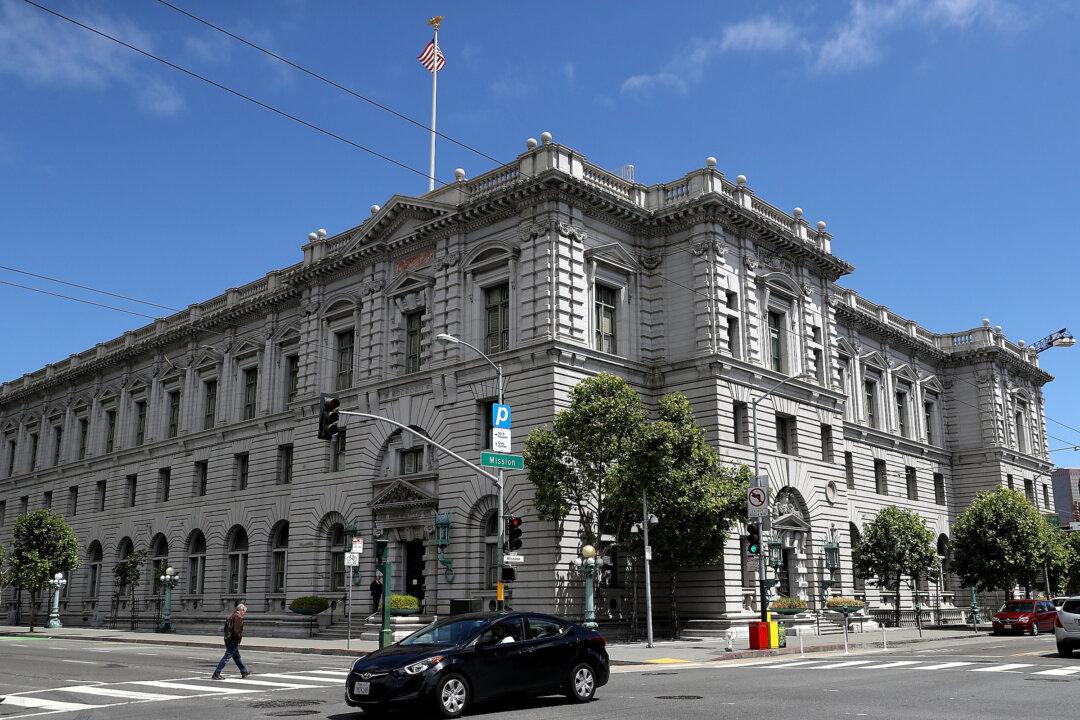Commentary
Nearly half of America’s homeless population—some 42 percent—lives in nine Western states stretching from Alaska and Montana to Arizona and Hawaii. The vast majority of them—30 percent of America’s homeless—live in California alone, even though the state accounts for just 12 percent of the general population of the United States.





